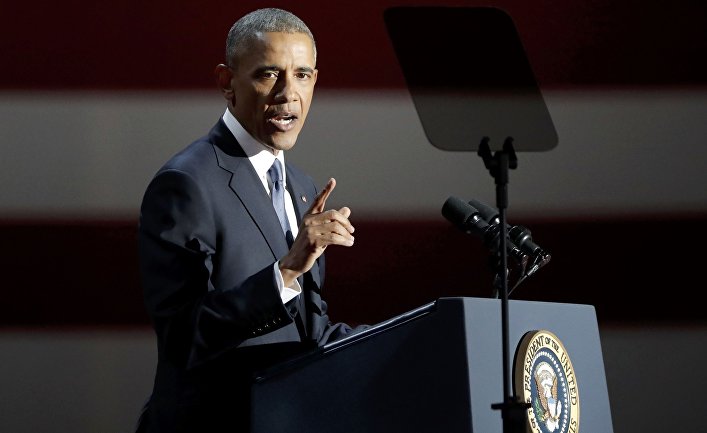
There are different views on problems of international relations. Clearly, the biggest issues are war, terrorism and poverty. The problems can be lack of actions of politicians and a low level of confidence. If the situation were otherwise, many problems could have been avoided.
Apparently, the biggest problems still are greed, fear and revenge. These three issues have a lot in common. They only lead to bad. They seem somehow blind people.
A greedy person is never enough. Greedy people will hardly notice the problem himself; he only feels the need for a larger or enjoys what constantly gets a little bit more.
Greed manifests itself, for example, in how we use natural resources. Would moderation. They say that the food in the world can cover it all, if it is divided among all equally. But it is unlikely we will agree to share it, at least we are not willing to give.
Fear is prominent in our attitude to other people. It can force us to defend ourselves to avoid something, to go somewhere. Cowardly people will only see the threat and will not dare to put them into question.
Intimidation can force a person to accept, and so fear is an effective control method.
Revenge does not forget and enhances in our eyes the reason for revenge: revenge for loss loss, for the violence of revenge violence. Perhaps revenge is the most significant problem of these three. She makes us do bad things.
If now we are concerned about all these issues, then we really are facing increasing blindness towards our actions, to ourselves and to others.
But is it possible to solve such problems, or they just always will exist? Maybe we have some kind of predisposition to greed? Maybe we are cowardly by nature, and revenge someone thinks human property?
But what if in our system, society, in our agreements there is something that fuels all these problems?
In fact, society, law, legal state and the international system exist in order to make possible the interaction of people and States, constraining greed and fear. They destroy the need for revenge. They add fairness and predictability.
There are ways to align welfare and to prescribe penalties for the violation of laws to private individuals or the state do not have to take “the law into their own hands.”
Worst of all international institutions are given the rein of revenge. It seems that revenge is alive and well in international relations.
Revenge is hard to deny.
The UN Charter prohibits use of force except in cases of self-defense. In practice the power is used for revenge. However, the rules discussed polite retaliation, punishment or anticipatory self-defence is illegal, and senseless suffering to cause not.
However, people taking revenge. For example, the United States, Israel and Turkey commit acts of revenge. Iraq and Afghanistan was motivated for revenge after the terrorist attacks in new York in 2001.
The fact that the US took revenge on Russia for hacker attack to the expulsion of diplomats is considered the norm: in fact responded symmetrically, or at least, somehow.
Like in international relations, there exists a right to retaliate. On the other hand, it seems that it is the responsibility of the sovereign state is the revenge for the harm, injustice, or humiliation. Take revenge, and make it so that everybody know about it.
With the revenge of connected symbols: with the help of a good act of revenge, active stories about her reputation avenging increases: it becomes frightening and is able to react.
Is the international system could not resolve the need for revenge?
In a good system for revenge would be the best alternative. Must be procedures that would determine the culprit and the damage he caused. Needs to be agreement about what the punishment should be the culprit.
Poorly functioning international institutions cannot prevent the violation or to eliminate its consequences. The victim must take some action. It seems that the institutions in some cases contribute to the emergence of revenge.
Poor legal institutions can become a reason for revenge. Many States do not trust the organizations and consider them biased. They justify their actions by the fact that institutions cannot be trusted.
For example, countries that have recently emerged from the International court of justice considered that the court was not impartial in their decisions. With their departure, the Court has become much weaker.
At the moment, it seems that the institutions, legal norms and procedures want to see the problem. They want to introduce more of a hindrance than a defender, more of a barrier than a tool for solving problems.
All seek faster forward — whether we are talking about constitutionality, respect for international law or approval of a joint response in international negotiations.
Again in a hurry — and this, too, is blind, and that haste we no longer need.







